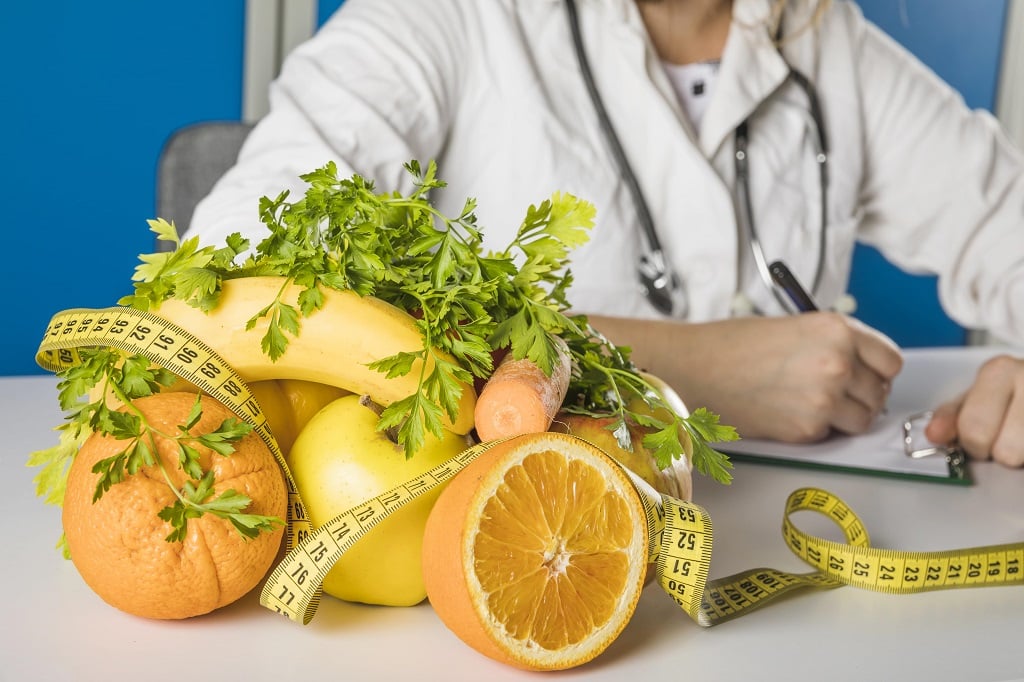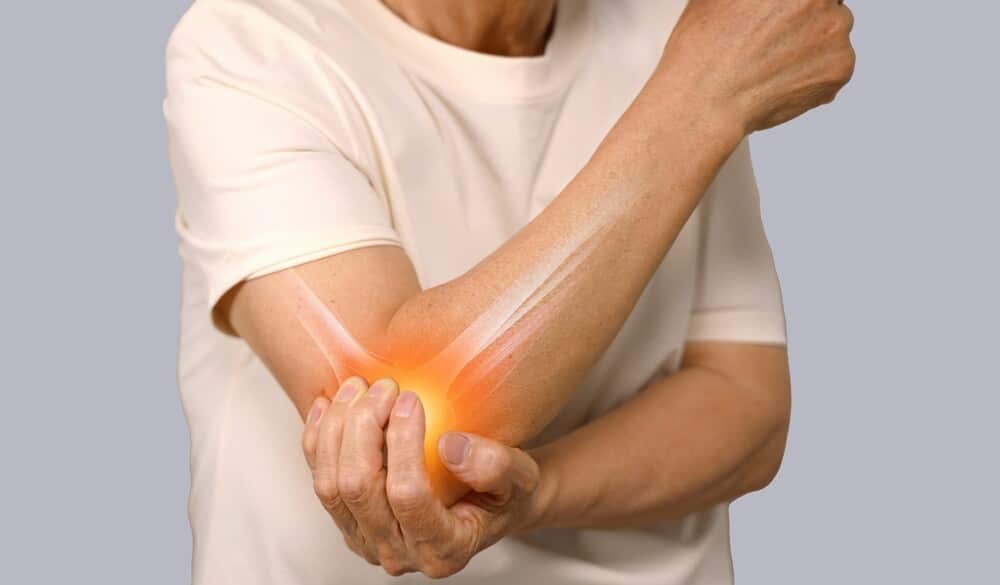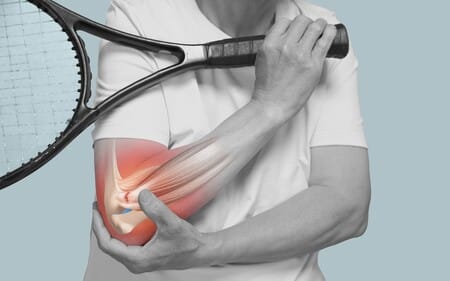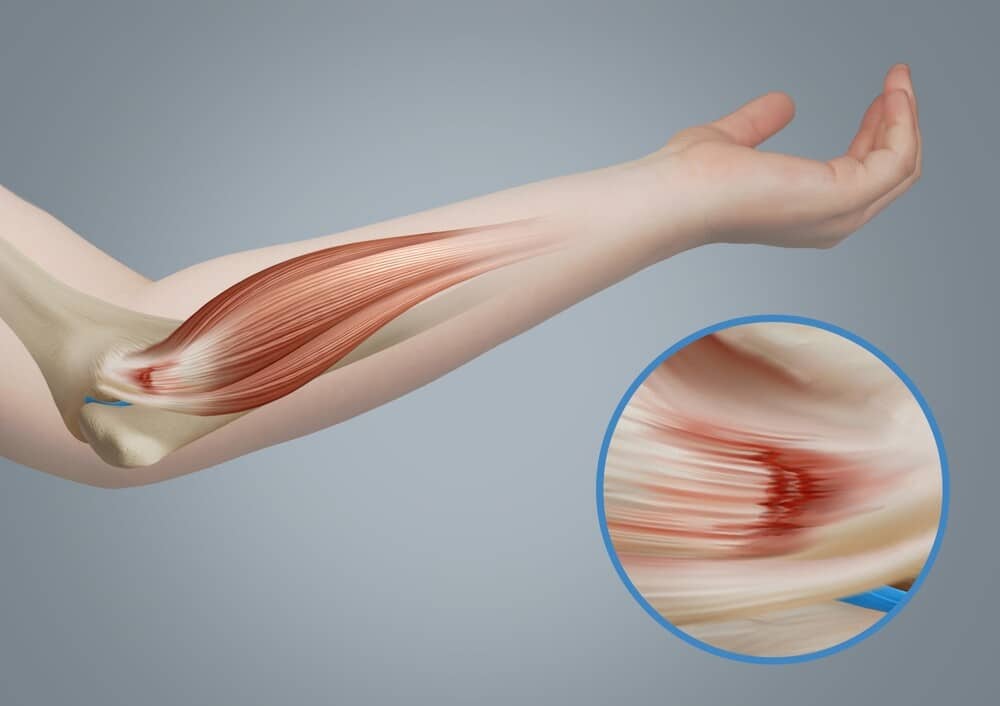
Undergoing surgery is a significant event in anyone’s life, often representing a turning point toward better health or recovery from an ailment. While the success of surgery depends on various factors, including the skill of the surgeon and the effectiveness of post-operative care, one crucial element that is often overlooked is the role of diet in the healing process. Your diet plays a fundamental role in supporting your body’s ability to recover and rebuild after surgery. In this comprehensive guide, we will explore the intricate relationship between diet and post-surgery healing, exploring the nutrients your body needs, dietary tips for optimal recovery, and the impact of specific foods on the healing process.
Understanding the Healing Process
Before exploring the role of diet in post-surgery healing, it’s essential to understand the stages of the healing process. After surgery, your body initiates a complex series of physiological responses aimed at repairing damaged tissues, reducing inflammation, and restoring normal function. These stages typically include:
1. Inflammation: Immediately after surgery, your body triggers an inflammatory response to protect against infection and initiate tissue repair.
2. Proliferation: During this phase, new blood vessels form, and collagen production increases, aiding in the formation of new tissue.
3. Remodeling: In the final phase, the newly formed tissue matures and strengthens, restoring functionality to the affected area.
Throughout these stages, your body requires an adequate supply of nutrients to support cellular repair, modulate inflammation, and promote tissue regeneration.
Essential Nutrients for Healing
Several key nutrients play critical roles in the healing process post-surgery, including the important consideration of the role of nutrition and supplements. Ensuring an adequate intake of these nutrients through your diet can optimize recovery and promote overall well-being. Let’s explore some of the most important ones:
1. Protein: Protein is essential for tissue repair and wound healing. It provides the building blocks (amino acids) necessary for the synthesis of new proteins in the body. Good sources of protein include lean meats, poultry, fish, eggs, dairy products, legumes, and tofu.
2. Vitamin C: Vitamin C is a powerful antioxidant that supports the immune system and aids in collagen synthesis, crucial for wound healing. Citrus fruits, strawberries, kiwi, bell peppers, and broccoli are excellent sources of vitamin C.
3. Vitamin A: Vitamin A plays a vital role in immune function and epithelial cell integrity, helping to maintain the skin and mucous membranes’ health. Incorporate foods rich in vitamin A, such as sweet potatoes, carrots, spinach, kale, and liver, into your diet.
4. Zinc: Zinc is involved in various cellular processes, including immune function, protein synthesis, and wound healing. Foods high in zinc include meat, shellfish, nuts, seeds, legumes, and dairy products.
5. Omega-3 fatty acids: Omega-3 fatty acids possess anti-inflammatory properties, which can help reduce inflammation and promote healing post-surgery. Fatty fish (salmon, mackerel, sardines), flaxseeds, chia seeds, walnuts, and soybeans are excellent sources of omega-3s.
6. Iron: Iron is essential for oxygen transport and wound healing. Ensure an adequate intake of iron-rich foods such as lean meats, poultry, fish, beans, lentils, tofu, spinach, and fortified cereals.
Dietary Tips for Optimal Recovery
In addition to incorporating nutrient-rich foods into your diet, adopting healthy eating habits can further support your body’s healing process post-surgery. Here are some dietary tips to consider:
1. Stay Hydrated: Adequate hydration is essential for maintaining optimal cellular function and supporting the body’s natural healing processes. Aim to drink plenty of water throughout the day, and limit caffeinated and alcoholic beverages, as they can contribute to dehydration.
2. Focus on Whole Foods: Emphasize whole, minimally processed foods in your diet, including fruits, vegetables, whole grains, lean proteins, and healthy fats, particularly important for supporting orthopedic surgery and nutrition. These foods are rich in essential nutrients and antioxidants that promote healing and overall health.
3. Eat Regularly: Consistent meal timing is important for providing your body with a steady supply of nutrients needed for healing. Aim to eat balanced meals and snacks at regular intervals throughout the day to keep your energy levels stable and support optimal recovery.
4. Include Fiber-Rich Foods: Incorporate fiber-rich foods such as fruits, vegetables, whole grains, beans, and legumes into your diet to promote digestive health and prevent constipation, a common side effect of surgery and pain medications.
5. Limit Added Sugars and Processed Foods: A high intake of added sugars and processed foods can contribute to inflammation and hinder the healing process. Minimize your consumption of sugary snacks, desserts, sodas, and processed snacks, opting instead for whole food alternatives.
6. Consult with a Registered Dietitian: If you have specific dietary concerns or restrictions related to your surgery or medical condition, consider consulting with a registered dietitian and physical therapist. They can provide personalized nutrition recommendations tailored to your individual needs and help you optimize your diet for optimal recovery.
Impact of Specific Foods on Healing
While focusing on nutrient-rich foods is key for post-surgery healing, certain foods and nutrients have been shown to have specific benefits for recovery:
1. Turmeric: Curcumin, the active compound in turmeric, possesses potent anti-inflammatory and antioxidant properties, which can aid in reducing post-surgery inflammation and promoting healing.
2. Garlic: Garlic contains compounds that have antimicrobial properties, helping to reduce the risk of infection post-surgery. Additionally, garlic may support immune function and enhance the body’s natural healing processes.
3. Probiotic-Rich Foods: Probiotics, found in fermented foods such as yogurt, kefir, kimchi, and sauerkraut, can help support gut health and strengthen the immune system, which is essential for optimal recovery post-surgery.
4. Berries: Berries are rich in antioxidants, vitamins, and phytochemicals that can help reduce inflammation, boost immune function, and support overall health and healing.
5. Bone Broth: Bone broth is rich in collagen, gelatin, and amino acids, which are beneficial for supporting connective tissue health, promoting gut healing, and aiding in overall recovery post-surgery.
Elevate Your Recovery: Contact OrthoMiami Now!
In conclusion, the link between diet and post-surgery healing is undeniable. By prioritizing nutrient-rich foods, adopting healthy eating habits, and incorporating specific foods known to support healing, you can optimize your body’s ability to recover and rebuild after surgery. Remember to stay hydrated, eat a balanced diet, and consult with a healthcare professional or registered dietitian for personalized nutrition recommendations tailored to your individual needs. By nourishing your body with the right nutrients, you can pave the way for a smoother, faster recovery and improve your overall health and well-being in the process.
For personalized advice and expert care tailored to your orthopedic needs, consider reaching out to OrthoMiami. Contact us today at 786-746-8060 to schedule your appointment and take the first step towards a healthier, happier you.


